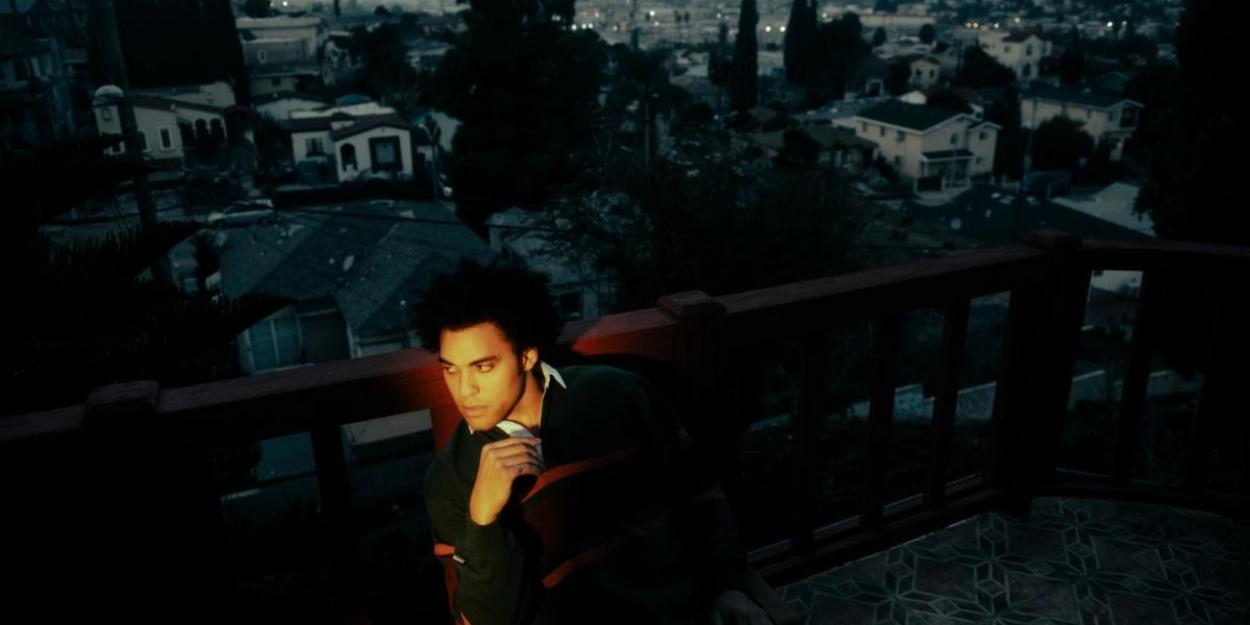Cassowary Shares New Om'Mas Keith Produced Single 'Move!'
Cassowary made waves with his 2020 self-titled debut and first for Fat Possum.

Los Angeles jazz visionary Cassowary has re-emerged with his first single in four years. "Move!" mixes hazily nostalgic vibes with forward-thinking experimentation and contemporary jazz. The alias of Los Angeles-based multi-instrumentalist and vocalist Miles Kahlil, Cassowary made waves with his 2020 self-titled debut and first for Fat Possum, receiving praise from LA Times, FADER, Gorilla vs Bear, Hypebeast, Bandcamp, Paste & more.
Produced by 3X Grammy-winning icon Om'Mas Keith (Frank Ocean, Anderson .Paak, Erykah Badu & John Legend) and written with his brother Rami Ross, Kahlil shares that “Move!” “came from wanting to resolve an argument right away and realizing that sometimes things heal with time.” Kahlil's musical contributions on the recording include the Tenor Saxophone, Bass, Moog Matriarch, piano, as well as the lead vocal.
Born in Inglewood and raised in the Southern L.A. neighborhood of West Adams, Miles Kahlil inherited his late grandfather's collection of jazz records as a child, absorbing the hard bop of Clifford Brown and Joe Henderson and gravitating toward the music of his namesake, Miles Davis. He grew up listening to hip-hop alongside elementary school friend Thebe, who would later gain fame as Odd Future's hypertechnical rhyme auteur Earl Sweatshirt. A graduate of the prestigious Los Angeles County High School for the Arts, Kahlil made his recording debut playing piano on Earl Sweatshirt's landmark 2015 depression suite I Don't Like s, I Don't Go Outside. Released in 2020, his Fat Possum Records debut Cassowary was a hybrid of wistful, sun-drunk grooves and virtuosic jazz performance.
In the four years since the release of his debut, Kahlil taught himself how to play bass and flute, as well as increased his knowledge of analog and modular synthesizers. This expanded musical palate led Kahlil to take a step away from spontaneous jazz performance in favor of a maximalist, studio-as-instrument sound that sparkles with moody textures.
Comments
.png)
|
.png)
|
Videos

